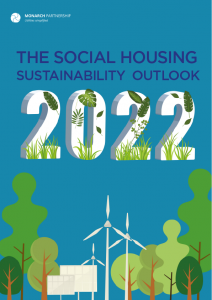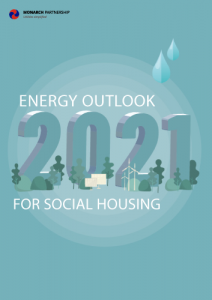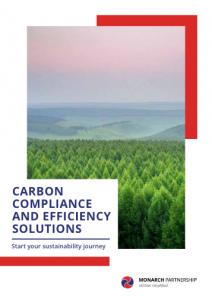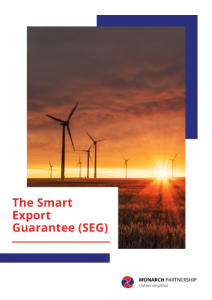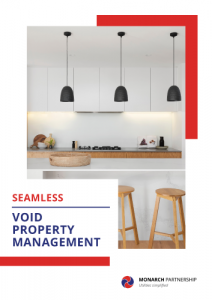Monarch explores the savings that housing associations and their tenants could make through Section 20 Dispensation and how the process can be managed to ensure its effectiveness.
Dispensing pleasantly
The economic downturn wrought by the COVID-19 pandemic has left many social housing residents reeling, especially after the near-universal instability that lockdown measures inflicted on job security.
Social housing managers will now be looking for ways to ease costs for tenants who may have been furloughed or made redundant during the economic ice age of lockdown.
Tragically, the benefits of Section 20 dispensation often go unexplored since the micromanagement required to effectively leverage shifting energy prices can be overly complex and time-consuming.
However, despite their convenience and relative simplicity, the trappings of standard energy contracts, which are capped at twelve months for housing associations, can actually prevent effective response to dynamic pricing and inflict unnecessary expenses as a result.

While the process can appear intimidating initially, dispensation reaps many benefits both financially and in terms of tenant relations.
The subject necessitates increased communication between tenants and the housing association in question, as well as encouraging an active interest in the policies that govern their energy use. These discussions demonstrate that the opinions of tenants are valued as well as inspire faith that their needs and concerns are actively being addressed.
Such solidarity may seem incidental but at a time of great uncertainty it is a powerful example to tenants that their voices and needs matter to you.
Playing the odds
The flexibility that Section 20 dispensation affords means that housing associations and their tenants can benefit from contracts longer than 12 months, allowing increased future price visibility. The prescience that this grants means that your budgets are better collated to current and anticipated market conditions.
Dispensation also widens the variety of procurement options available to Housing Associations, thereby potentially offering significant savings on energy prices. Speculation and dynamic response to changing markets of course calls for a vigilance that, for many housing associations, is impossible to sustain and this is where Monarch steps in.
Alongside offering a multitude of different procurement options based on the risk profile you are comfortable with, Monarch also brings a wealth of knowledge and experience to the table in the form of its energy market analysts.
The limitations of the standard 12-month contract proportionally limit how much Monarch’s trading desk can leverage the market on your behalf; however by increasing the length and flexibility of your contract they can seize opportunities for savings as and when they arise.
 Monarch’s general procurement strategy is summarised as follows:
Monarch’s general procurement strategy is summarised as follows:
- Contract negotiation
- Sophisticated trading and risk management
- Consumption management
Section 20 Dispensation allows each of these steps to be utilised to their maximum potential. Getting started can be daunting which is why Monarch offers advice on the completion and submission of the dispensation application form, as well as draft a notification letter for your tenants. Monarch’s different procurement strategy options can be found on its energy procurement page.







